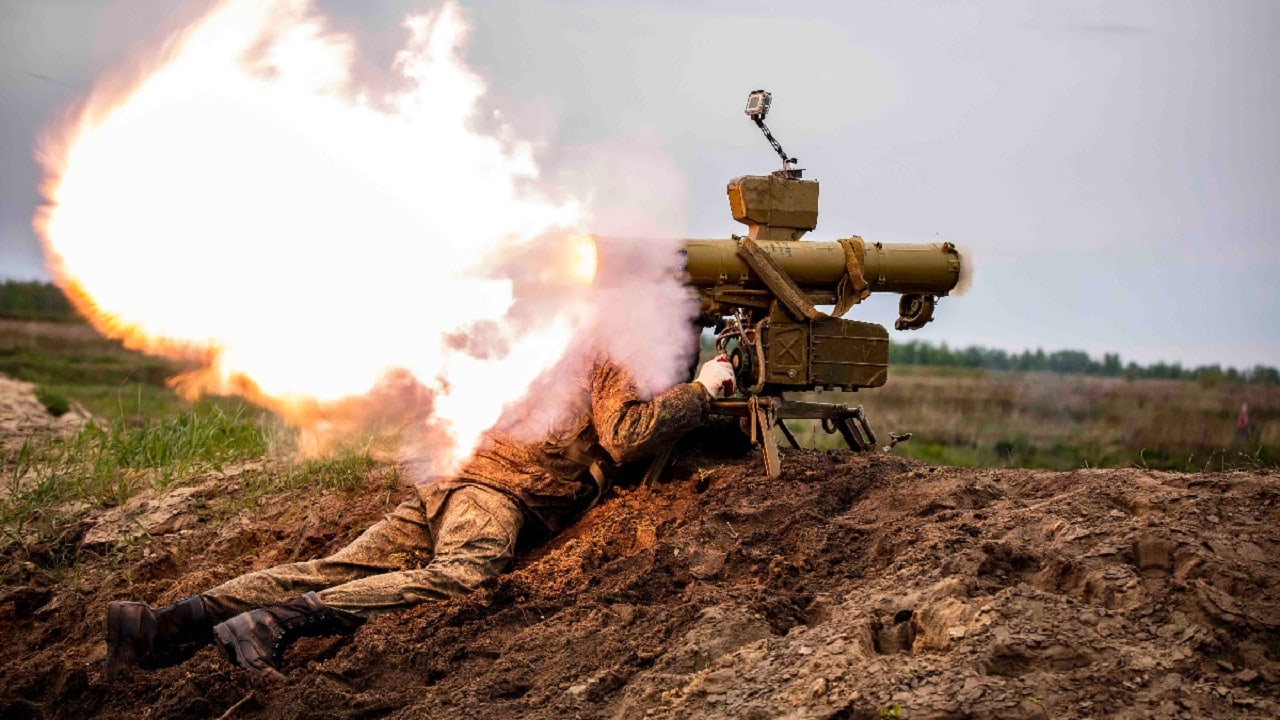Russia President Vladimir Putin, in launching his landgrab against Ukraine, seems to have miscalculated in several ways.
For one, he assumed that Ukraine would not offer meaningful resistance. For another, judging by his bizarre speech early in the invasion imploring Ukrainian generals to commit treason and overthrow their civilian leaders, he thought Ukrainians would welcome his takeover.
A further miscalculation—and with today’s signs of decoupling of the world economy from Russia a very serious miscalculation—was that other countries would not impose any real pain on his régime. Behind this further miscalculation lay an assumption—namely, that others accept Putin’s own version of realpolitik and therefore would take only cosmetic steps in response to Putin’s armed aggression.
It is helpful at this juncture to understand how Putin’s understanding of the world is mistaken and why few outside Russia have embraced it.
Putin’s realpolitik goes something like this: The breakup of the USSR was a mistake. The independence of Ukraine was a particularly bad part of that mistake. And, given its proximity to Russia, Ukraine should have no choice about its allegiances or any aspect of its defense and foreign policy.
The errors in Putin’s realpolitik today are manifest.
First, mistake or not, the USSR dissolved itself voluntarily. The terms were favorable to Russia. They included the unanimous consent by the union republics that Russia would continue all the international rights and privileges of the USSR. These included the continued exclusive possession by Russia of the fearsome Soviet nuclear arsenal, the three other republics with Soviet strategic weapons on their soil, Ukraine, Belarus, and Kazakhstan, having agreed to give up those weapons under the Budapest Memorandum in December 1994. Russia kept all international dignities and representative rights of the USSR too, such as the coveted Security Council permanent seat and veto. The other collapsing socialist state at the time, Yugoslavia, gave its lead republic, Serbia, no such benefits. After a rocky 1990s, Russia entered a period of oil-and-gas fueled economic growth that, combined with all major powers accepting Russia into the world economy with welcome arms, has given the Russian people, for the first time ever, a modestly prosperous life.
Second, no commitment was ever made to bar new countries near Russia from choosing their own international partners. Some supposed realists in academia say that it’s legalistic nitpicking to say that there was no commitment. According to them, silent winks and nudges amounted to a binding promise against the expansion of NATO and the EU. But the freedom to choose a country’s own alignment is a fundamental attribute of sovereignty. Countries since 1945 have exercised that freedom liberally. Turning back to Yugoslavia, it was precisely in exercise of sovereign freedom that Marshal Tito distanced himself from the Warsaw Pact. The Soviets didn’t threaten a world war over Tito’s change in alignment. True, as a corollary to sovereign freedom, a country can pledge to align itself one way or another, but the pledge must be reversible at will, or else it is not consistent with continued sovereignty. Moreover, for a country to adopt such a serious derogation of sovereignty as Putin claims Ukraine did, the act announcing that derogation must be crystal clear. The kinds of winks and nudges that some realists say were traded in the waning days of the USSR, even if they happened, would not come close to curbing a country’s freedom in that regard.
Third, even if we take the would-be realists’ view that legal commitments and the like are so much dross, there is still a serious defect in Putin’s version of realpolitik. Namely, the other great powers of the 21st century have tolerated neighboring countries following their own chosen paths. Look no further than the United States to see where things really stand. The illegal Maduro régime in Venezuela raves against the United States, and the derelict communists of Cuba continue to ruin their country—whose ongoing plight rightly both saddens and angers many Americans, not least of all the many Americans of Cuban ancestry who have suffered directly under the régime that the Russians’ client Castro created. Yet the United States does not invade Venezuela or Cuba. Even those countries’ dalliance with the hateful clerics of Tehran has not led to any such move. The Cuban Missile Crisis was as close as it came to a major conflict, but that was sixty years ago, and it had taken an astonishing Soviet provocation—the deployment of Soviet medium-range ballistic missiles in Cuba in circumstances where the USSR was on a worldwide march of expansion. Today’s security environment looks nothing like that. Even China—so far—makes no claim of a principle that countries of the Pacific Rim lack the freedom to choose their own alignments. No doubt China rues the new cohesion shown there against China’s expansionist aims. But China has yet to declare that it has a right to a sphere of influence that entirely negates its neighbors’ freedom—or a right to invade if a country goes its own way.
In recent days, BP, Shell, and ExxonMobil—the largest hydrocarbon companies that were active in Russia—have announced their withdrawal from the country. The Russian ruble has collapsed. The Moscow stock market has shuttered its doors. Road traffic from the EU, which ferried a steady stream of consumer goods to Russia, has halted. Putin’s press spokesman concedes that sanctions are having an impact. Perhaps the would-be realists still insist none of this matters, because it’s Putin who truly understands power. The point has arrived, however, where the unreality of this brand of realpolitik is becoming plain for all to see.
Thomas D. Grant served as Senior Advisor for Strategic Planning in the Bureau of International Security and Nonproliferation, U.S. Department of State, 2019-2021. He is the author of Aggression Against Ukraine: Territory, Responsibility, and International Law (2015).

